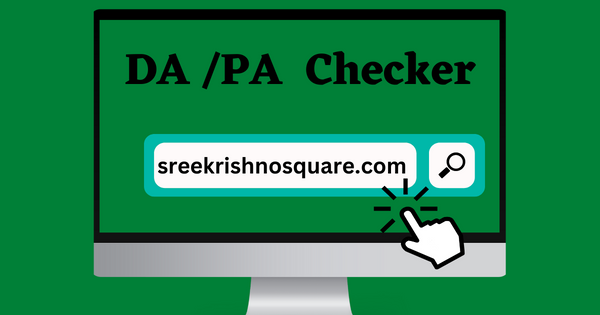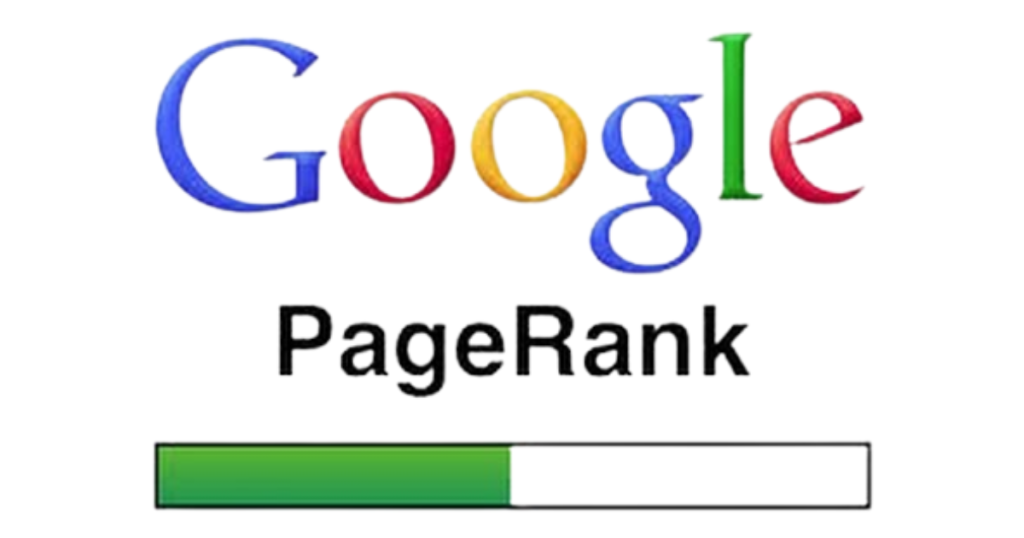Table of Contents
What is Keyword Research Tools
Keyword research tools are digital tools that help people, especially marketers, bloggers, and businesses, identify the best keywords to target in online content. By analyzing search trends, competition, and search volumes, these tools make it easier to find keywords that can improve visibility in search engines like Google.

Here are the main things keyword research tools typically offer:
- Search Volume Data: They show how often people search for a particular keyword, helping you identify popular topics.
- Competition Level: These tools indicate how competitive a keyword is, which can help you find less competitive terms that still have good search volume.
- Related Keywords: Many tools provide suggestions for related terms, helping you expand your content and reach.
- Keyword Difficulty: Some tools have a “difficulty” score that shows how hard it might be to rank for a given keyword.
- Trends and Insights: Certain tools offer insights into seasonal trends or recent popularity changes in keywords.
Popular tools include Google Keyword Planner, Ahrefs, SEMrush, Ubersuggest, and Moz Keyword Explorer. They each have unique features and price points, with options for both free and paid versions.
Here’s a detailed list of 20 popular free keyword research tools with their URLs and unique features to help you make the most out of your SEO and content strategy:
1. Google Keyword Planner
- Details: Primarily for PPC, but offers keyword search volumes, bid ranges, and competition level, making it great for discovering high-level keyword ideas.
2. Ubersuggest
- Details: Provides keyword suggestions, search volume, SEO difficulty, and competitor analysis. Known for its user-friendly interface, perfect for beginners.
3. AnswerThePublic
- Details: Visualizes search queries in a unique “question map,” helping you explore topics based on common questions and prepositions people ask.
4. Keyword Surfer
- Details: Free Chrome extension showing search volume and keyword ideas directly in Google’s search results, allowing quick in-browser keyword research.
5. Keyword Sheeter
- Details: Generates thousands of autocomplete suggestions from Google. It’s quick and straightforward, great for brainstorming keyword ideas.
6. Keyworddit
- Details: Pulls keyword ideas from Reddit, offering insights into niche keywords from real discussions, perfect for understanding community-specific language.
7. Soovle
- Details: Collects autocomplete suggestions from platforms like Google, YouTube, and Amazon. It’s effective for finding keywords across different platforms in one place.
8. Google Trends
- Details: Tracks keyword popularity over time, showing interest trends and regional data. It’s particularly useful for seasonal and trending keywords.
9. QuestionDB
- Details: Focuses on questions people ask, pulling data from forums and communities. Ideal for Q&A-style content and discovering audience pain points.
10. Keyword Tool
- Details: Provides keyword suggestions from Google, YouTube, Amazon, and Bing. It’s useful for long-tail keywords but has limited search volume data on the free version.
11. Bulk Keyword Generator
- Details: Created for local businesses, this tool generates localized keyword suggestions based on industry and location, useful for small businesses targeting local SEO.
12. Keyword Tool Dominator
- Details: Finds trending keywords on eCommerce platforms like Amazon, eBay, and Etsy, perfect for product-based keyword research.
13. Google Autocomplete
- Details: Simply type into Google’s search bar to get keyword suggestions from autocomplete. It’s basic but effective for quick ideas.
14. Google Search Console
- Details: Shows the keywords your site currently ranks for and provides data on impressions, clicks, and CTR, perfect for refining existing keyword strategies.
15. Moz Keyword Explorer
- Details: Offers 10 free queries per month with insights into search volume, difficulty, and organic CTR, along with keyword suggestions.
16. Ahrefs Keyword Generator
- Details: Generates keywords for Google, Bing, YouTube, and Amazon, providing search volume and difficulty for the top 100 keywords.
17. WordStream Free Keyword Tool
- Details: Shows search volume, competition, and CPC for each keyword. Useful for PPC and SEO beginners needing basic keyword data.
18. SEO Minion
- Details: Chrome extension providing on-page SEO analysis, along with People Also Ask data for additional keyword ideas directly in Google.
19. Keyword Magic Tool by SEMrush
- Details: Offers limited free searches, with data on volume, trends, and difficulty. Known for powerful filtering options and deep data on keywords.
20. LSIGraph
- Details: Provides latent semantic indexing (LSI) keywords to improve contextual relevance and enhance SEO for content pieces.
These tools cover a range of functions, from local and niche keyword ideas to competitive analysis, making them highly useful for both beginner and intermediate SEO needs. For advanced features and larger data sets, each tool also offers paid versions with more comprehensive insights.

FAQ
Here’s a FAQ on keyword research tools, covering common questions and insights:
1. What are keyword research tools used for?
- Answer: Keyword research tools help identify the search terms that users input into search engines, providing insight into topics your audience cares about. These tools offer data on search volume, competition, trends, and user intent, essential for SEO, PPC, and content strategy.
2. What’s the difference between free and paid keyword research tools?
- Answer: Free tools often provide basic features, such as keyword suggestions, search volume, and sometimes competition levels. Paid tools, like Ahrefs, SEMrush, and Moz, offer more comprehensive data, including competitive analysis, SERP features, backlink analysis, and keyword tracking, which can be invaluable for advanced SEO strategies【16†source】.
3. Which free keyword research tools are best for beginners?
- Answer: Tools like Google Keyword Planner, Ubersuggest, AnswerThePublic, and Keyword Surfer are user-friendly and offer the basics without a steep learning curve. These tools provide keyword ideas, search volumes, and competition levels, making them great starting points for beginners.
4. How can I use Google’s free tools for keyword research?
- Answer: Google offers several tools for keyword research, such as:
- Google Keyword Planner: Part of Google Ads, useful for identifying keywords and understanding search volumes.
- Google Trends: Shows the popularity of keywords over time, including regional trends.
- Google Search Console: Provides data on which keywords drive traffic to your site【16†source】.
5. How do I find long-tail keywords with free tools?
- Answer: Tools like AnswerThePublic, Keyword Sheeter, and Soovle are excellent for discovering long-tail keywords. They use autocomplete and related queries to generate extensive lists of specific, intent-driven keywords.
6. Are free keyword research tools accurate?
- Answer: Free tools often provide good estimates but may lack the accuracy of paid options, especially for search volumes. Paid tools typically have more reliable data sources and frequent updates, making them more accurate for in-depth analysis【16†source】.
7. What are “People Also Ask” questions, and how can they be used for keyword research?
- Answer: “People Also Ask” (PAA) is a Google feature that shows related questions for a search query. Tools like AlsoAsked and SEO Minion pull these questions, making them valuable for creating FAQ-style content and understanding user intent【16†source】.
8. How can I analyze my competitors’ keywords?
- Answer: Tools like Ubersuggest and Keyword Magic Tool by SEMrush offer free versions with limited competitor analysis. You can see the keywords your competitors rank for and identify content gaps【16†source】 .
9. How often should I conduct keyword research?
- Answer: Regular keyword research is ideal, especially when launching new content, updating existing content, or adjusting strategy. Many businesses conduct keyword research monthly, quarterly, or during seasonal planning.
For more in-depth information, check out resources on keyword research from SEMrush, Moz, and Neil Patel.



